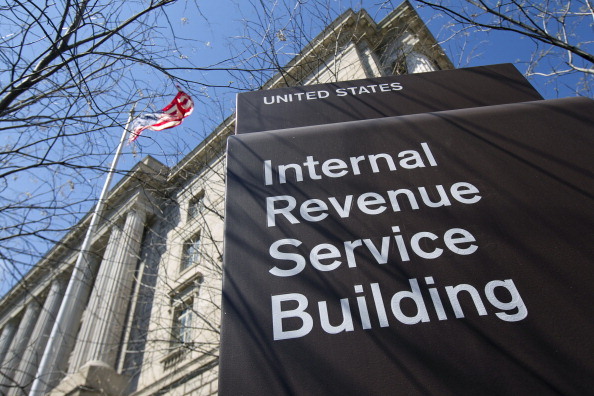Kerby Anderson
After Congress passed the so-called Inflation Reduction Act, we heard all sorts of promises that only the very rich would be audited. The billions of dollars allocated to the Internal Revenue Service for compliance efforts supposedly would not be used to audit the middle class.
Jared Bernstein, who serves on the Council of Economic Advisors, reassured everyone that the money “will not be spent on increasing audits of anybody making less than $400,000 a year.” Treasury Secretary Janet Yellen assured us that the IRS funding “shall not be used to increase the share of small business or households” that will be audited. You might notice the use of the word “share” in that quote.
Why do I think the IRS will have more audits of the middle class? The IRS will do so for the same reason Willie Sutton robbed banks. Because that’s where the money is.
The editors of the Wall Street Journal ran the numbers for audits done in 2018 (the last year for which the IRS has released complete data). Three-quarters (75%) of all the audits were on those with less than $75,000 income. And more than 95 percent of all audits were of individual returns of households with less than $200,000 in income.
The Republican House Ways and Means Committee staff also ran some numbers based on this year’s data. They concluded there would be an additional 1.2 million audits a year over the coming decade, of which 710,000 each year will hit Americans making less than $75,000.
As I have mentioned before, these Americans are less likely to challenge an audit and are more likely to settle with the IRS rather than endure costly expenses of appeal and litigation even if they have a good case. The middle class will face more audits in the future because of this legislation.
 Listen Online
Listen Online Watch Online
Watch Online Find a Station in Your Area
Find a Station in Your Area










 Listen Now
Listen Now Watch Online
Watch Online
